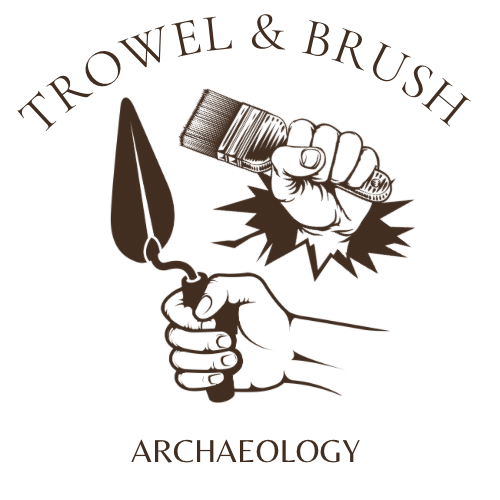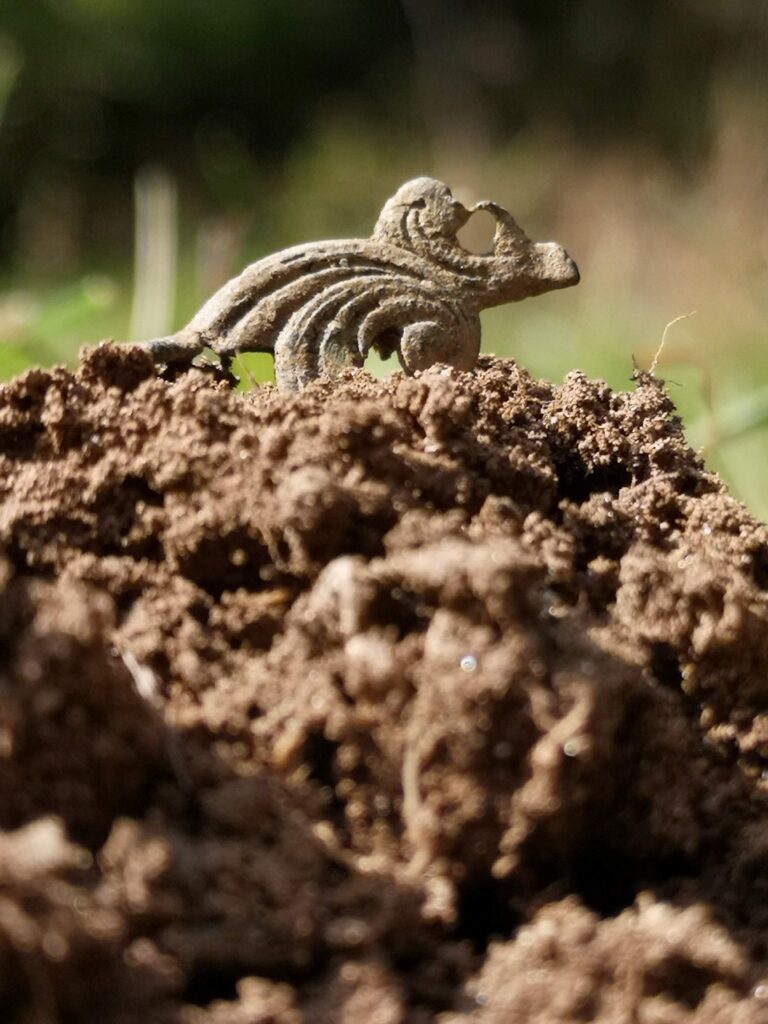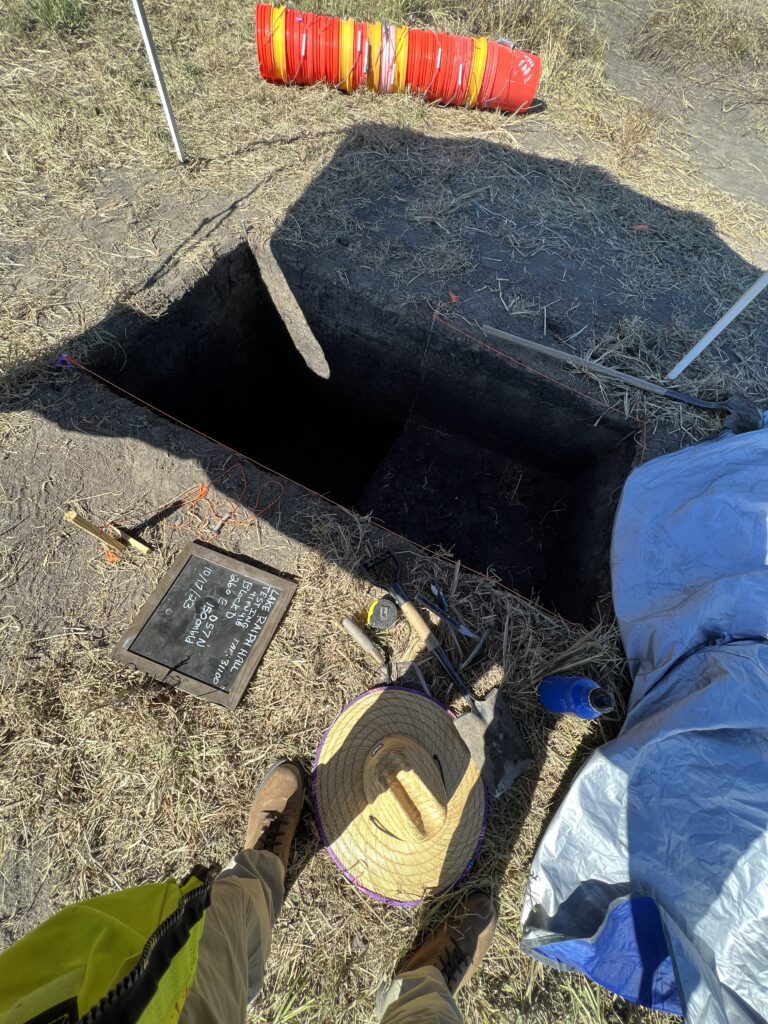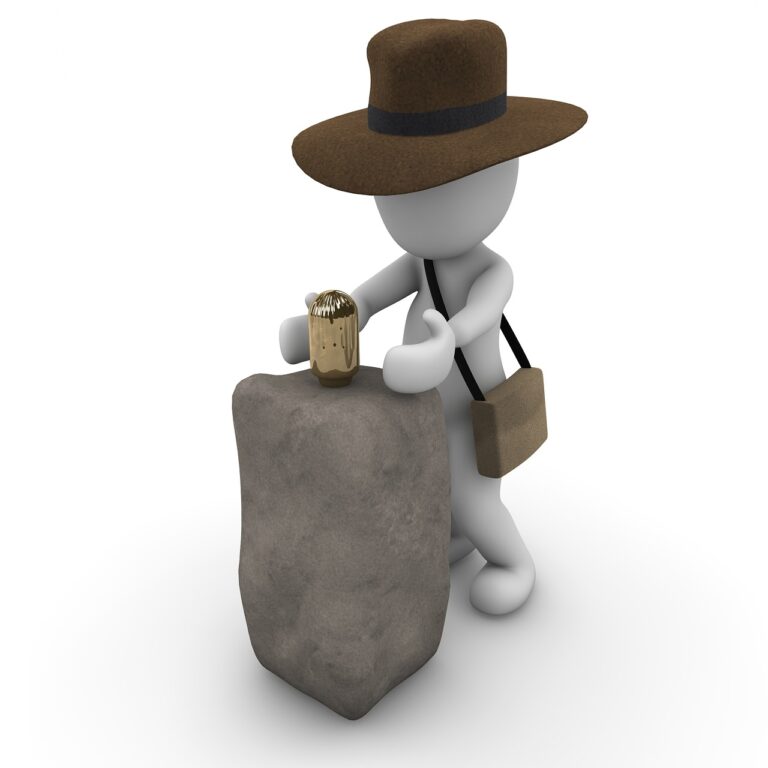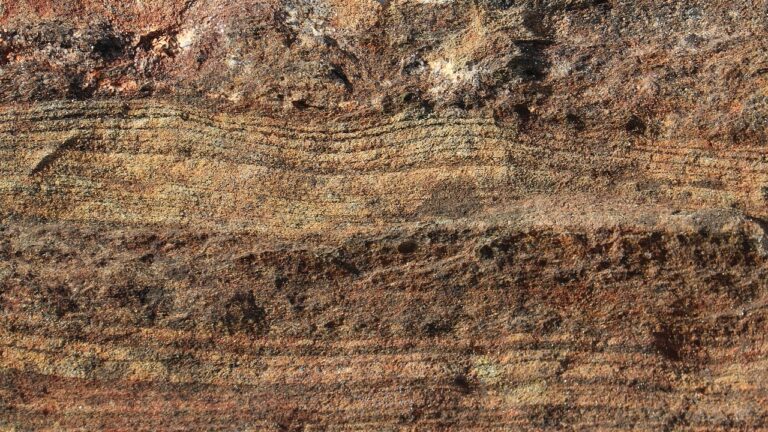Duties of an Archaeologist
Archaeology is a captivating blend of science and adventure. Ever wondered what the duties of an archaeologist are?
Join us as we step into the world of trowels, brushes, and ancient mysteries and embark on a journey to reveal the common duties of these time detectives.
Archaeologists dig, research, excavate, record, analyze artifacts, and tell stories of the past.
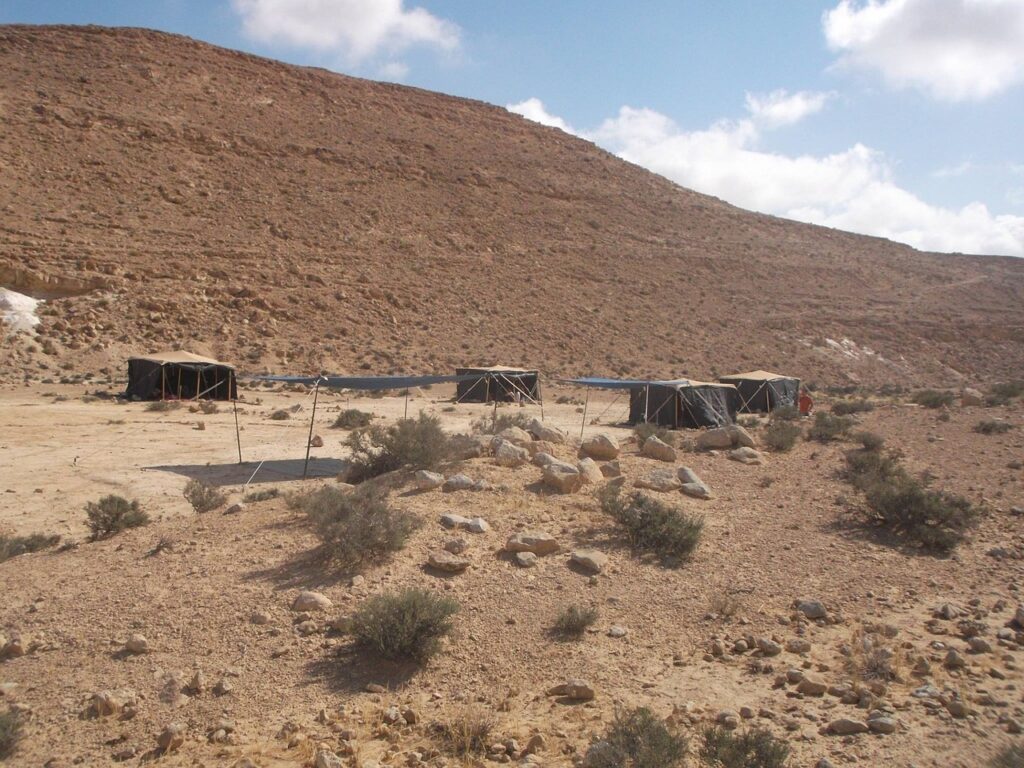
Research and Planning
Before the excavation begins, an archaeologist must be armed with knowledge.
In this stage, we dive into historical records, maps, and other relevant resources to gather information about potential sites.
The objective is to unearth hidden gems of the past. But beware! It’s not always an easy task to decipher the clues scattered across time.

Site Survey and Excavation
The fieldwork phase is the moment archaeologists have been eagerly awaiting.
Armed with tools and an infectious curiosity, we venture into the field to discover what lies beneath the surface.
With precise measurements and careful planning, we outline excavation areas, creating a canvas where history will reveal itself.
If you would like to learn more about an archaeological excavation, check out our other article on the topic here: https://trowelandbrush.com/what-is-archaeological-excavation/

Stratigraphy and Recording
Archaeologists don’t simply dig up artifacts; we meticulously record the context of each discovery.
Stratigraphy, the study of layers, becomes our visual guide. By examining soil and sediment layers, archaeologists piece together the puzzle of the site’s history.
Every artifact’s position is noted, preserving the integrity of the find.
If you’re looking for a great field journal to record in, check out the Field Notes Expedition here: https://amzn.to/3NnUt5t

Artifact Excavation and Conservation
Ah, the thrill of discovery! Once an artifact is uncovered, an archaeologist must carefully extract it from its ancient resting place.
With steady hands and the utmost care, we use trowels and brushes to remove the surrounding soil, gradually exposing the artifact.
But the journey doesn’t end there; these guardians of history must then preserve and conserve these delicate remnants of the past, ensuring their survival for future generations.

Preservation and Site Management
Archaeologists not only uncover history but also play a crucial role in preserving it.
They work closely with site managers and conservationists to protect archaeological sites from natural and human threats.
Through careful planning and implementation of preservation strategies, they ensure that these invaluable remnants of the past are safeguarded for future generations to explore and appreciate.

Laboratory Analysis
Back in the lab, archaeologists shift their focus from dirt-covered artifacts to the nitty-gritty of analysis.
Using various scientific techniques, such as carbon dating, chemical analysis, and microscopic examination, we unravel the secrets held within each artifact.
If you would like to know more about these scientific techniques, check out our other article about them here: https://trowelandbrush.com/dating-techniques-in-archaeology/
The laboratory becomes our playground, where the past unveils its hidden details.

Interpretation and Publication
Archaeologists are storytellers who interpret the fragments of history and breathe life into ancient civilizations.
Drawing upon our expertise, we analyze the artifacts, historical context, and other archaeological evidence to reconstruct the past.
We share our findings through scholarly papers, articles, and engaging exhibitions, ensuring that the wonders of the past aren’t forgotten.

Collaborative Fieldwork and Public Engagement
Archaeologists don’t work alone; collaboration is the name of the game.
We team up with experts from diverse fields like anthropology, geology, and history to enrich their understanding of the site.
Furthermore, we engage with local communities, sharing their knowledge and involving them in the excavation process. Archaeology becomes a journey of discovery for all.
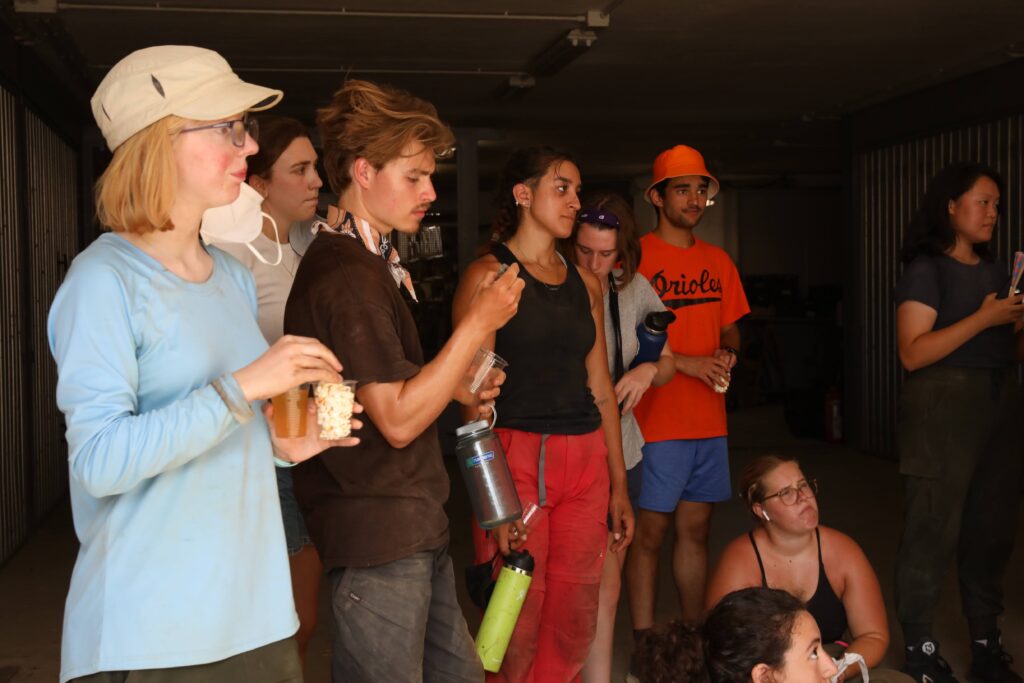
Duties of an Archaeologist: Conclusion
From the initial research and planning to the careful excavation and meticulous analysis, archaeologists unearth the mysteries of the past. So, if you’re ever drawn to the past, grab a trowel, join the ranks, and embark on your own archaeological adventure.
